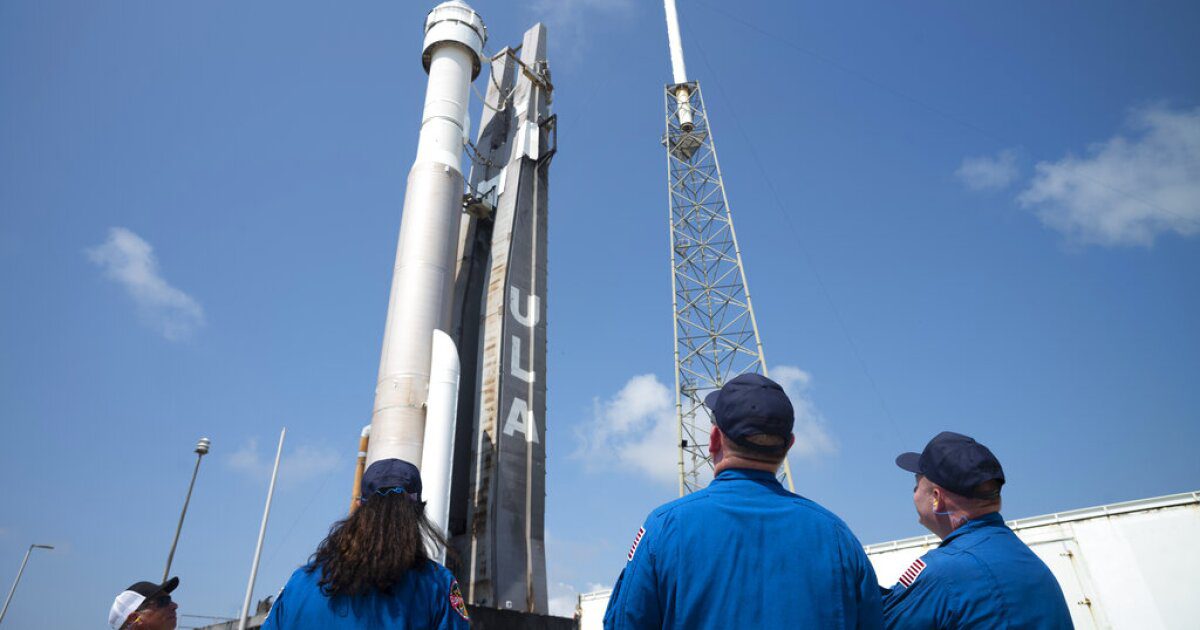
Two American astronauts, who were initially scheduled for an eight-day mission aboard the International Space Station (ISS) but ended up spending eight months in orbit, are responding to claims that they were “abandoned” in space.
During an interview with CNN’s Anderson Cooper on Thursday, astronaut Barry Wilmore addressed the allegations, deeming accusations of abandonment as mere rhetoric.
“We don’t feel abandoned. We don’t feel stuck,” he explained. “We don’t consider ourselves stranded. While I understand why some might think that, we arrive well-prepared and committed. That’s the goal of a human spaceflight program—preparing for every possible scenario we can anticipate and training for them accordingly.”
Wilmore and astronaut Suni Williams were supposed to return to Earth on the Starliner spacecraft, which encountered thruster issues and helium leaks as it neared the ISS in June.
RELATED STORY | Rare ‘Einstein Ring’ detected around a nearby galaxy for the first time
Due to these complications, NASA opted not to use the Starliner for their return. The empty capsule successfully landed in New Mexico on September 6 after a six-hour remotely controlled flight.
Instead of flying back on Starliner, astronauts Williams and Wilmore are scheduled for a return mission with SpaceX in March. The company, founded by Elon Musk, has been closely associated with President Donald Trump.
Prior to Trump’s return to the White House, SpaceX was already contracted to handle their return. “I have just asked Elon Musk and SpaceX to ‘go get’ the two brave astronauts who have been virtually abandoned in space by the Biden Administration,” Trump tweeted on January 28. “They have been waiting for many months on the Space Station. Elon will soon be on his way. Hopefully, all will be safe. Good luck, Elon!!!”
Both Wilmore and Williams have extensive experience with prolonged space missions and expressed their readiness to undertake another extended stay if necessary.
“Travel cycles to and from the Space Station operate on a specific timeline,” Wilmore explained. “Changing that timeline creates ripple effects throughout the process. Unless there is a medical emergency or an extraordinary situation, we would not expect to return outside of those established cycles. It’s essential to maintain the rhythm of our return schedules.”
RELATED STORY | Colorado Council of Black Nurses is promoting ‘space nursing’ as a medical specialty
Throughout their extended mission, Williams and Wilmore have engaged in numerous research projects and spacewalks at the ISS. One notable activity includes their work with Astrobees.
“The Astrobees can detach from the wall and navigate freely,” Williams noted. “This presents fantastic opportunities for various entities—companies, universities, and students—to test guidance, navigation, and control technologies in microgravity. We’ve seen these Astrobees interacting with satellites and other objects, which could also aid in addressing the issue of space debris.”









